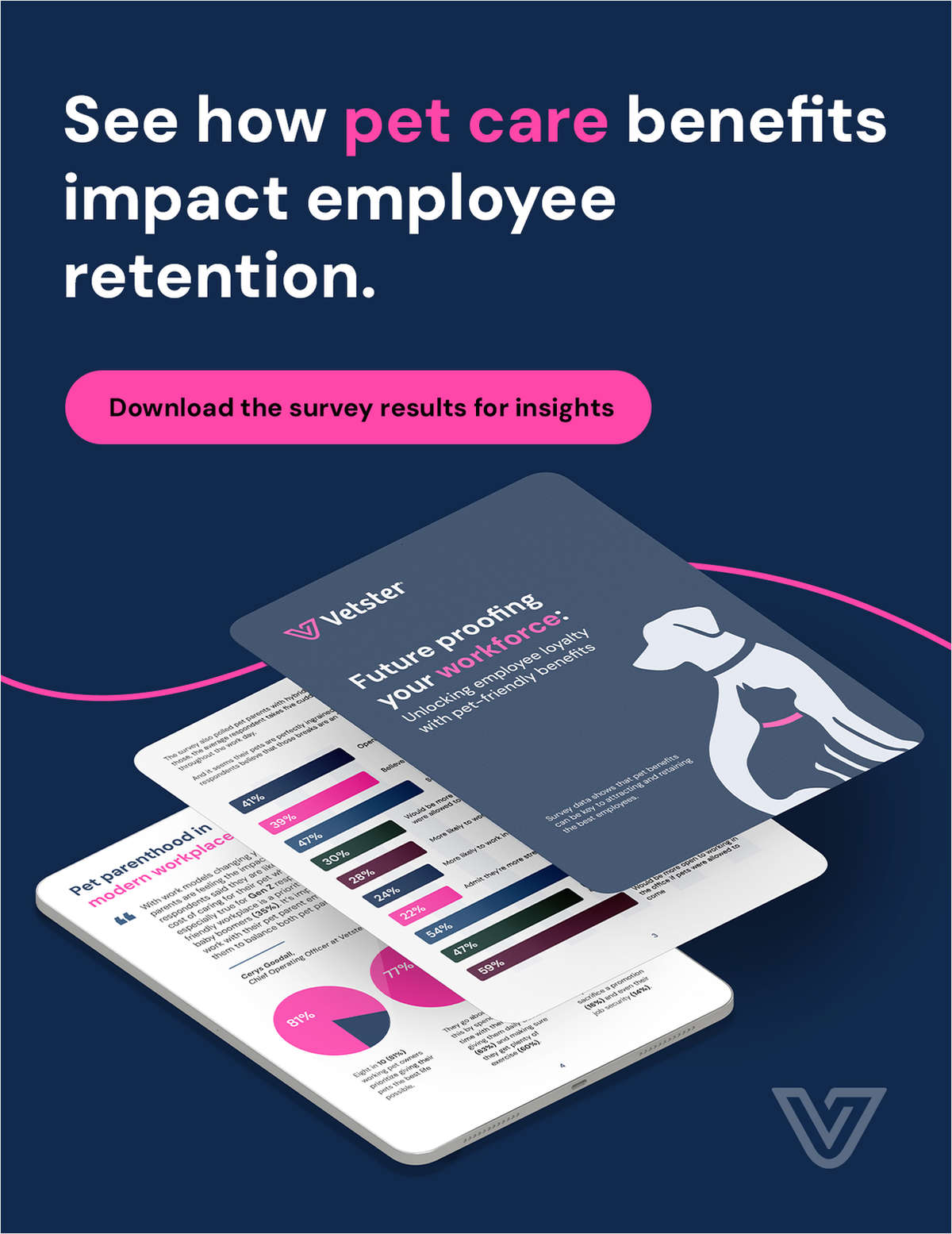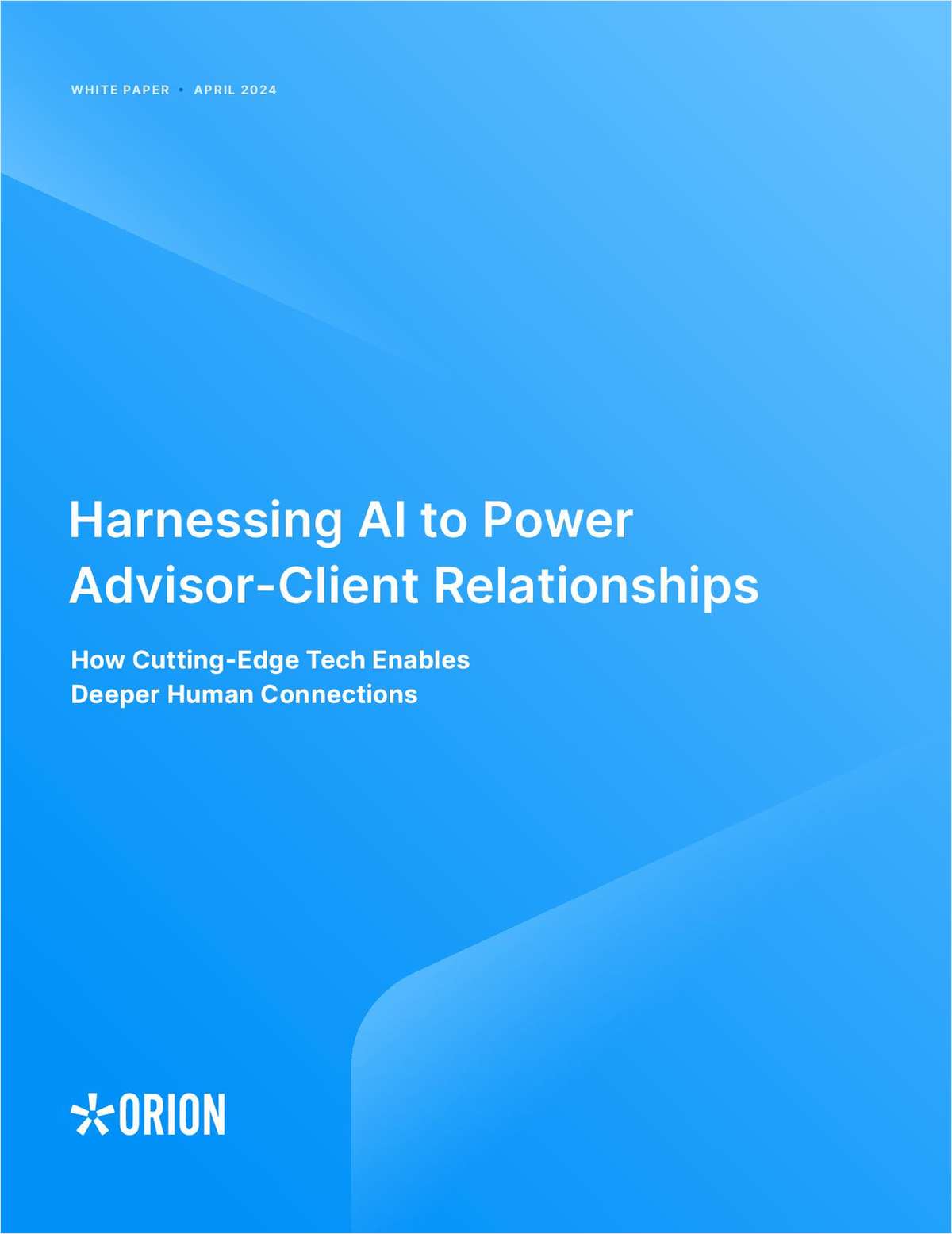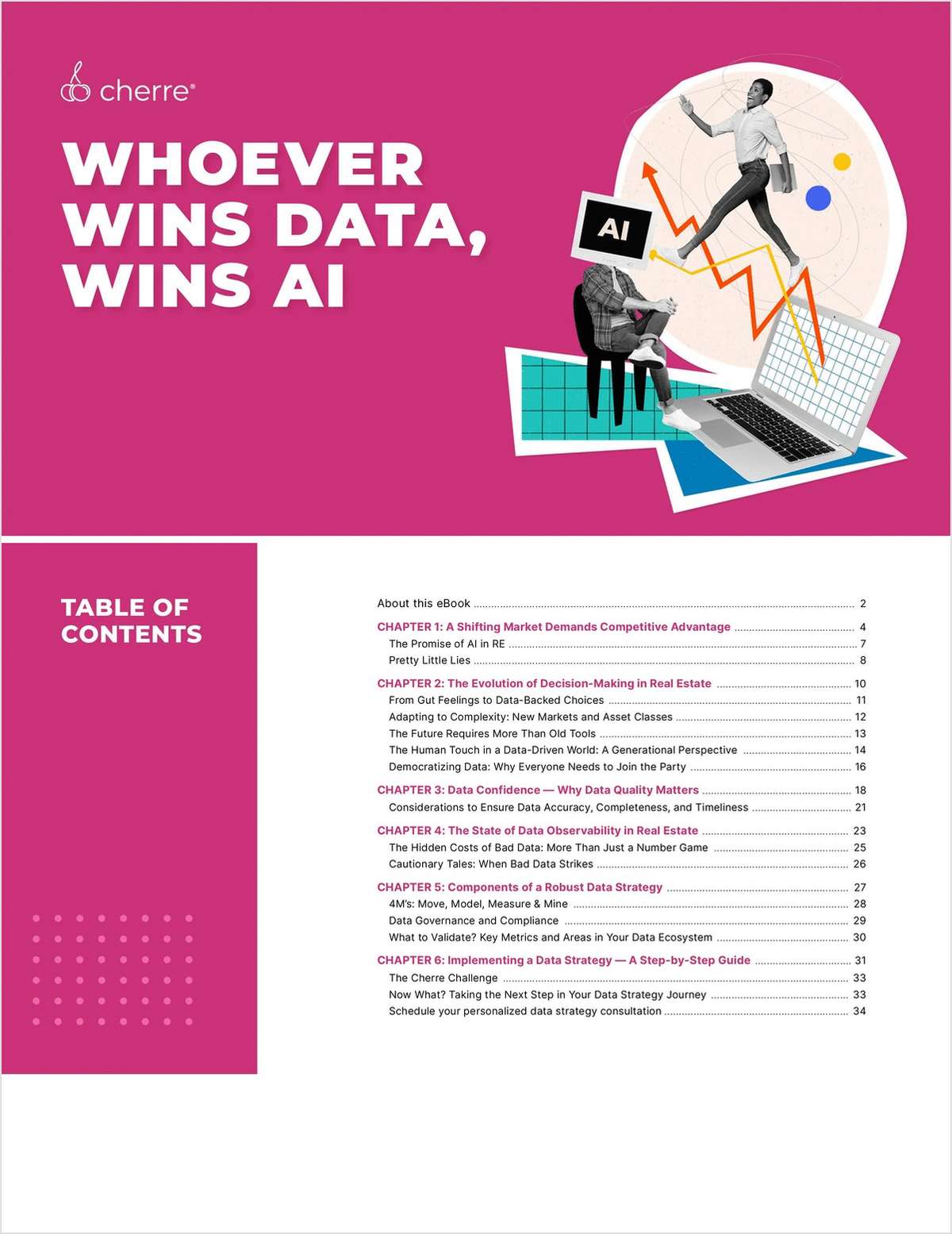 Mark Dubois
Mark DuboisA 'Loaves and Fishes' Approach Won't Help Underfunded Judiciary
The third branch of government always seems to be the poor stepchild when it comes to funding priorities.
August 20, 2018 at 01:49 PM
4 minute read
The upcoming governor's race is going to usher in an epic battle over financing and funding the government, and lawyers and courts are going to feel the heat.
The National Center for State Courts just issued a comprehensive pay study of judges in every state court. To quote, “Connecticut general jurisdiction judges receive actual annual salaries of $167,634, or 17th highest in the nation … but when you figure in the cost of living, Connecticut ranks 47th” [fourth highest]. Golly! According to the Martindale-Hubbell attorney salary survey, small-firm lawyers realize an average of $198,000 in annual income with a median of $148,000. Big-firm lawyers make much more. Something seems wrong with this picture.
Yes, I know the bench was never the road to riches, and the robe carries with it a good pension and medical insurance package, but 47th in the country? With a wide-open governor's race this fall, and both sides pledging to lower—if not eliminate—taxes, I can't see that changing much. The third branch of government always seems to be the poor stepchild when it comes to funding priorities.
Many talented judges have moved over to private mediation, as our (un)constitutional limit on serving past age 70 continues to thin the ranks of the most experienced. Now a few much younger than 70 have jumped ship back to practice or to the private judging area. That threatens to create a system of justice where the wealthy settle their disputes privately with the best and the brightest lawyers and mediators while the courts become the place where those accused of crimes and those not able to afford private ADR compete for limited attention from overworked and underpaid adjudicators. A friend, who left the bench for private mediation, described what it was like to always be the one in the room making the least amount of money. After a while, it gets to you.
Though I'm not a close to fray as I used to be when I worked for the judicial branch, one judge recently described the branch's administrative and operations arms to me as “hollowed out” by past financial cuts, coupled with increased obligations imposed by the legislature. Not to mention that the departing governor just gave the court administrators 31 more mouths to feed, even though those running the store told them that more judges weren't needed. What good is a judge without a marshal, reporter or clerk?
My friends who labor in the legislative trenches tell me our government finance mess is truly abysmal. For each dollar of revenue, a huge portion off the top goes to debt service and unfunded past obligations, not the least of which is a massive pension funding shortfall. It's not high finance or economics we're dealing with here—it's simple arithmetic. With one candidate naturally politically inclined toward continuing the same path, while the other is taking notes from the author of the famous Laffer Curve (remember Reagan's trickle-down economics?) and with union obligations contractually locked in for either governor's full first term, next year's budget showdown is going to make earlier ones look like beginner's play.
The answer is not that the judicial branch will, or should, muscle its way to the funding table or that the chief justice should start predicting increased waiting times and reduced vital services like E-branch agency heads do. Rather, the bar, individually and collectively through our associations, needs to bellow long and loud that we deserve our fair share of the fiscal pie. Other state bars have done just that when faced with an underfunded judiciary. The playbook is already written. (I've seen some cool billboards showing the doors of courthouses chained shut.) We need to be the leaders in this.
Though trite, the adage about justice delayed being justice denied has a basis in hard fact. I remember a time when we had to wait six or seven years for a jury trial. Lawyers sued over that, and things greatly improved. The judicial branch has done pretty well weathering this storm so far, but eventually, underfunding is going to be felt by all of us who need the courts to do our business. That “loaves and fishes” thing only worked in the Bible.
This story is corrected to report the salaries of general jurisdiction judges in Connecticut, who receive an average of $167,634.
Former Connecticut Chief Disciplinary Counsel Mark Dubois is with Geraghty & Bonnano in New London.
This content has been archived. It is available through our partners, LexisNexis® and Bloomberg Law.
To view this content, please continue to their sites.
Not a Lexis Subscriber?
Subscribe Now
Not a Bloomberg Law Subscriber?
Subscribe Now
NOT FOR REPRINT
© 2024 ALM Global, LLC, All Rights Reserved. Request academic re-use from www.copyright.com. All other uses, submit a request to [email protected]. For more information visit Asset & Logo Licensing.
You Might Like
View All
ADVANCE Act Offers Conn. Opportunity to Enhance Carbon-Free Energy and Improve Reliability With Advanced Nuclear Technologies

Trending Stories
- 1Gibson Dunn Sued By Crypto Client After Lateral Hire Causes Conflict of Interest
- 2Trump's Solicitor General Expected to 'Flip' Prelogar's Positions at Supreme Court
- 3Pharmacy Lawyers See Promise in NY Regulator's Curbs on PBM Industry
- 4Outgoing USPTO Director Kathi Vidal: ‘We All Want the Country to Be in a Better Place’
- 5Supreme Court Will Review Constitutionality Of FCC's Universal Service Fund
Who Got The Work
Michael G. Bongiorno, Andrew Scott Dulberg and Elizabeth E. Driscoll from Wilmer Cutler Pickering Hale and Dorr have stepped in to represent Symbotic Inc., an A.I.-enabled technology platform that focuses on increasing supply chain efficiency, and other defendants in a pending shareholder derivative lawsuit. The case, filed Oct. 2 in Massachusetts District Court by the Brown Law Firm on behalf of Stephen Austen, accuses certain officers and directors of misleading investors in regard to Symbotic's potential for margin growth by failing to disclose that the company was not equipped to timely deploy its systems or manage expenses through project delays. The case, assigned to U.S. District Judge Nathaniel M. Gorton, is 1:24-cv-12522, Austen v. Cohen et al.
Who Got The Work
Edmund Polubinski and Marie Killmond of Davis Polk & Wardwell have entered appearances for data platform software development company MongoDB and other defendants in a pending shareholder derivative lawsuit. The action, filed Oct. 7 in New York Southern District Court by the Brown Law Firm, accuses the company's directors and/or officers of falsely expressing confidence in the company’s restructuring of its sales incentive plan and downplaying the severity of decreases in its upfront commitments. The case is 1:24-cv-07594, Roy v. Ittycheria et al.
Who Got The Work
Amy O. Bruchs and Kurt F. Ellison of Michael Best & Friedrich have entered appearances for Epic Systems Corp. in a pending employment discrimination lawsuit. The suit was filed Sept. 7 in Wisconsin Western District Court by Levine Eisberner LLC and Siri & Glimstad on behalf of a project manager who claims that he was wrongfully terminated after applying for a religious exemption to the defendant's COVID-19 vaccine mandate. The case, assigned to U.S. Magistrate Judge Anita Marie Boor, is 3:24-cv-00630, Secker, Nathan v. Epic Systems Corporation.
Who Got The Work
David X. Sullivan, Thomas J. Finn and Gregory A. Hall from McCarter & English have entered appearances for Sunrun Installation Services in a pending civil rights lawsuit. The complaint was filed Sept. 4 in Connecticut District Court by attorney Robert M. Berke on behalf of former employee George Edward Steins, who was arrested and charged with employing an unregistered home improvement salesperson. The complaint alleges that had Sunrun informed the Connecticut Department of Consumer Protection that the plaintiff's employment had ended in 2017 and that he no longer held Sunrun's home improvement contractor license, he would not have been hit with charges, which were dismissed in May 2024. The case, assigned to U.S. District Judge Jeffrey A. Meyer, is 3:24-cv-01423, Steins v. Sunrun, Inc. et al.
Who Got The Work
Greenberg Traurig shareholder Joshua L. Raskin has entered an appearance for boohoo.com UK Ltd. in a pending patent infringement lawsuit. The suit, filed Sept. 3 in Texas Eastern District Court by Rozier Hardt McDonough on behalf of Alto Dynamics, asserts five patents related to an online shopping platform. The case, assigned to U.S. District Judge Rodney Gilstrap, is 2:24-cv-00719, Alto Dynamics, LLC v. boohoo.com UK Limited.
Featured Firms
Law Offices of Gary Martin Hays & Associates, P.C.
(470) 294-1674
Law Offices of Mark E. Salomone
(857) 444-6468
Smith & Hassler
(713) 739-1250












